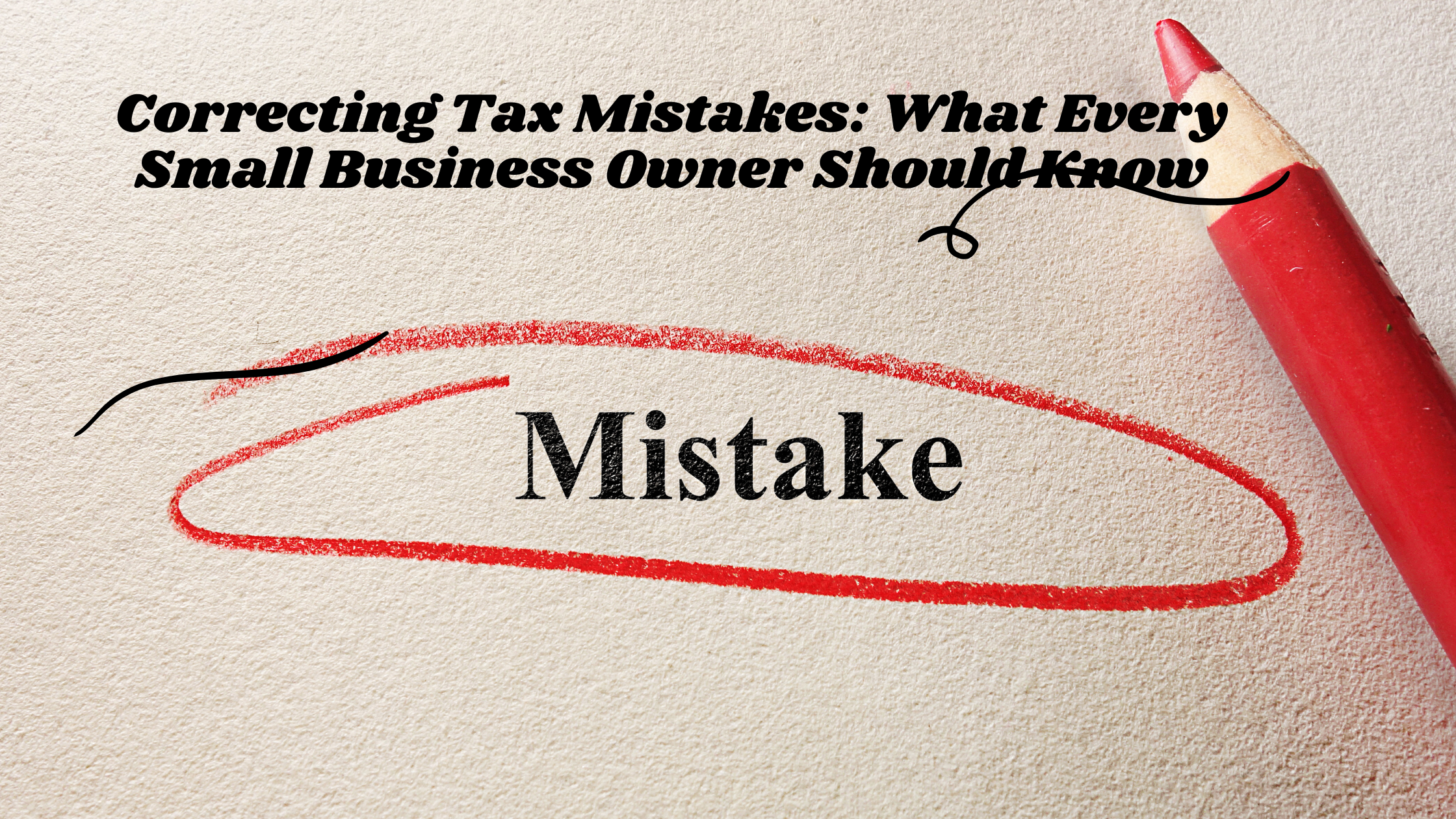Businesses often need to hire workers on a seasonal or part-time basis. For example, some businesses may need seasonal help for holidays, harvest seasons, commercial fishing, or sporting events. Whether you are getting paid or paying someone else, questions often arise over whether these seasonal workers affect employers with regard to the Affordable Care Act (ACA).
For the purposes of the Affordable Care Act, the size of an employer is determined by the number of employees. As such, employer-offered benefits, opportunities, and requirements are dependent upon your organization’s size and the applicable rules. For instance, if you have at least 50 full-time employees, including full-time equivalent employees, on average during the prior year, you are an ALE (Applicable Large Employer) for the current calendar year.
If you hire seasonal or holiday workers, here’s what you should know about how these employees are counted under the health care law:
Seasonal worker
A seasonal worker is generally defined for this purpose as an employee who performs labor or services on a seasonal basis, generally for not more than four months (or 120 days). Retail workers employed exclusively during holiday seasons, for example, are seasonal workers.
Seasonal employee
In contrast, a seasonal employee is an employee who is hired into a position for which the customary annual employment is six months or less, where the term “customary employment” refers to an employee who typically works each calendar year in approximately the same part of the year, such as summer or winter.
The terms seasonal worker and seasonal employee are both used in the employer shared responsibility provisions but in two different contexts. Only the term seasonal worker is relevant for determining whether an employer is an applicable large employer subject to the employer shared responsibility provisions; however, there is an exception for seasonal workers:
Exception: If your workforce exceeds 50 full-time employees for 120 days or fewer during a calendar year, and the employees in excess of 50 during that period were seasonal workers, your organization is not considered an ALE.
For additional information on hiring seasonal workers and how it affects the employer shared responsibility provisions please call.





